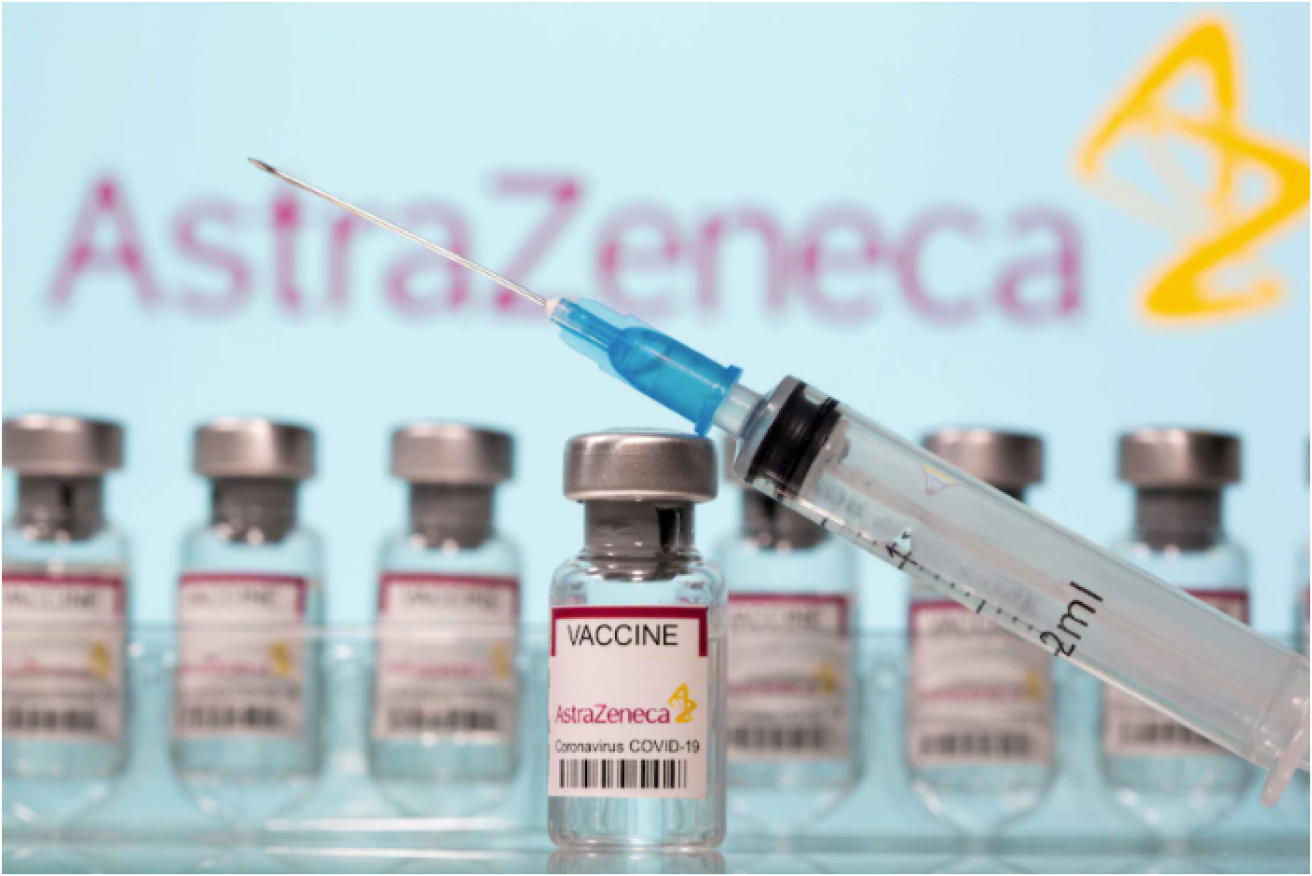Twelve-week gap still best timing for AstraZeneca vaccinations


AstraZeneca is now available to Australians under 40, if they want it. Photo: Reuters
A 12-week gap between the first and second doses of the AstraZeneca vaccine offers the most effective protection, science has reaffirmed.
The 12-week advice has been questioned, as the UK speeds up its administration to eight weeks in a bid to crush a fourth-wave threat.
But in Australia, we’re sticking with three months, as underpinned by research published recently in the British Medical Journal.
The study found vaccine efficacy reached 82.4 per cent after a second dose in those with a dosing interval of 12 weeks or more.
If the two doses were given less than six weeks apart the efficacy was only 54.9 per cent.
Britain reduces AstraZeneca wait from 12 weeks to eight
Two weeks ago, the British government said: “Appointments for a second dose of a vaccine will be brought forward from 12 to eight weeks.”
The move was targeted at the country’s “most vulnerable”.
Curiously, AstraZeneca wasn’t actually named in the government press release – possibly because there’s been a lot of skittishness about the jab’s efficacy and risks (those damn blood clots), and the government didn’t want the jab’s ‘brand’ dominating news reports.
But AstraZeneca is the only vaccine affected by the shift – given that the Pfizer jab requires at least 21 days (three weeks) between first and second jabs.
So why act against prevailing advice? And what’s the lesson, if any, for Australia?
All about the B1.617.2 variant
On the face of it, Britain’s vaccination program is doing pretty well.
Seventy-five per cent of adults have had at least their first dose.
According to the BBC, more than 25 million have had two doses – just under half of the adult population.
However, on Monday, Britain had more than 3000 new infections, for the sixth day in a row.
What’s scaring Britain is that three-quarters of all new cases are thought to be the B.1.617.2 – known for a while as the ‘Indian variant’ and now renamed Delta.
There’s another variant that originated in India – B.1.617.1 also called Kappa.
Experts are warning of a third wave, while British government is doggedly sticking to its plans to end COVID-19 restrictions on June 21.
The win-win solution? Get everybody vaccinated at the rate of knots, even if it means making an uncomfortable compromise on efficacy.
Britain’s Joint Committee on Vaccination and Immunisation says it “has considered the latest available evidence and has recommended reducing the dosing interval to counter the threat of new variants of concern,” according to a government press release.
If that sounds a little desperate, consider this: India considers dropping second dose of AstraZeneca vaccine to stretch supplies.
The lesson for Australia? Delta is here and we are yet to get anywhere near Britain’s rate of vaccination.
So, you know, let’s get a wriggle on so we don’t have to compromise on the optimal timing of vaccine jabs.








